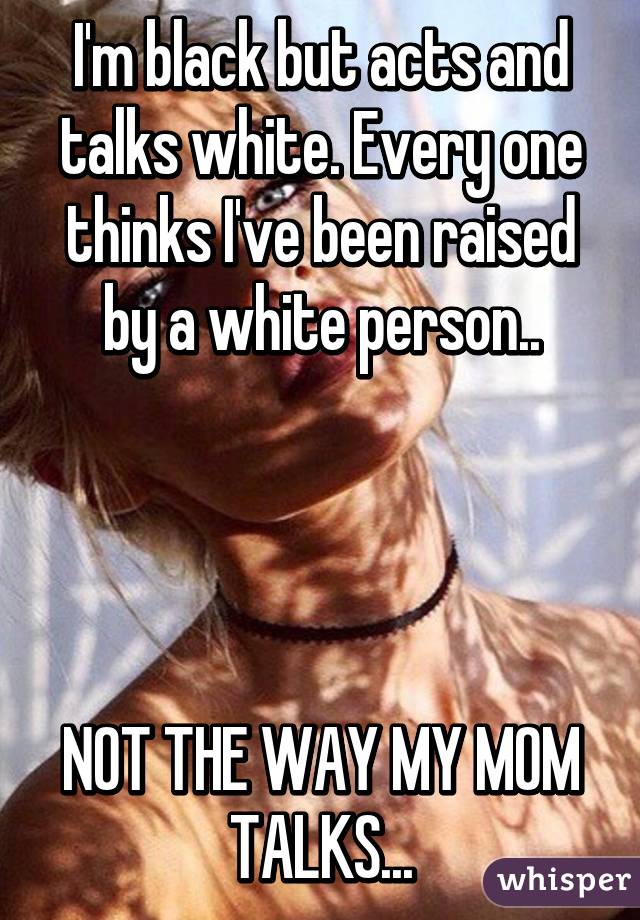Jalisa Starling’s personal essay “Why Me, Why Not Me?”
(2014), asserts that humans have the tendency to misemploy psychological
mechanisms intended to cope with unexpected misfortunes. Starling supports this
claim by giving a descriptive story of how her family tragedy made her lose her
way in life and her belief in God, pointing out how the use of why me can
impact a person’s life in a drastic way. Starling’s purpose is to illustrate
that situations seen as disasters that can be worse than what it seems in order
to consider the reader in such situations we should ask ourselves “why not me?”
due to the human ability to handle situations. The intended audience of this
essay is to people who takes adversity to extreme measures.
Starling's essay was a tragic personal essay that can touch anyone who reads it, regardless of having gone through such an event themselves. The essay really made me think about why it is that people turn so easily to god. With the death of her family and her being so young, it's easy to understand why she naturally gravitated towards a strong disbelief in religion and in God. I've never been the type to prey to god, let alone believe. So it was easy for me to relate to her guilt, and to her disbelief. Like Starling, many of us could go through these things in life, and somehow things always seem to come together. I'm a firm believer that things happen for a reason. Just like Starling, it is when these things happen that we can possibly find ourselves asking the same thing "why not us".
In Jalisa Starling's personal essay, "Why Me, Why Not Me?" she tells us her side of how her family got murdered when she was just ten years old. She explains how when we go through life sometimes things happen and we tend to say " Why Me?". Starling was visiting her aunt and hanging out with her cousins at the time of the murder and she had no idea until she, "called the house phone over 30 times trying to get someone to answer" (Starling 164) and then her aunt got a call from the hospital and she knew the reason for the missed phone calls. She goes on to describe to us that she locked herself in the bathroom and prayed her family had survived. The only member to her family to survive was her brother Tony. She asked herself and god "Why Me?" and began to push God away because what happened to her wasn't fair. She sums up her essay by telling us she meets a Godly man and he takes her to church, ends up getting married and has two kids. She now asks herself, " Why Not Me?" because everything happens for a reason.
Starling's essay was a tragic personal essay that can touch anyone who reads it, regardless of having gone through such an event themselves. The essay really made me think about why it is that people turn so easily to god. With the death of her family and her being so young, it's easy to understand why she naturally gravitated towards a strong disbelief in religion and in God. I've never been the type to prey to god, let alone believe. So it was easy for me to relate to her guilt, and to her disbelief. Like Starling, many of us could go through these things in life, and somehow things always seem to come together. I'm a firm believer that things happen for a reason. Just like Starling, it is when these things happen that we can possibly find ourselves asking the same thing "why not us".
In Jalisa Starling's personal essay, "Why Me, Why Not Me?" she tells us her side of how her family got murdered when she was just ten years old. She explains how when we go through life sometimes things happen and we tend to say " Why Me?". Starling was visiting her aunt and hanging out with her cousins at the time of the murder and she had no idea until she, "called the house phone over 30 times trying to get someone to answer" (Starling 164) and then her aunt got a call from the hospital and she knew the reason for the missed phone calls. She goes on to describe to us that she locked herself in the bathroom and prayed her family had survived. The only member to her family to survive was her brother Tony. She asked herself and god "Why Me?" and began to push God away because what happened to her wasn't fair. She sums up her essay by telling us she meets a Godly man and he takes her to church, ends up getting married and has two kids. She now asks herself, " Why Not Me?" because everything happens for a reason.










